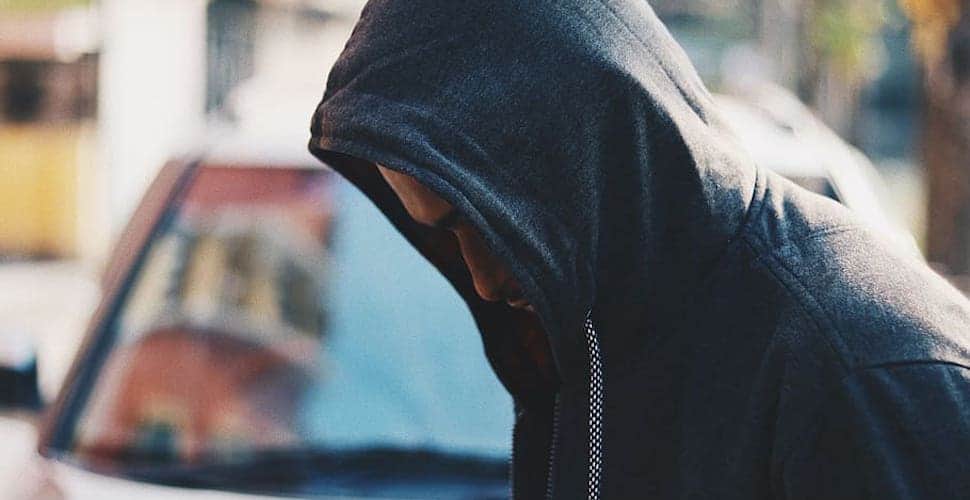In an interview with The Independent this week, the UK’s anti-slavery commissioner called for an overhaul of Britain’s approach to child drug trafficking cases, citing “grave concerns” about the government’s ability to deal with a recent spike in cases.
Dame Sara Thornton, who has held the post since May last year, argued that the government’s current system was failing the rising number of children and teenagers that are falling into coerced drug trafficking by “county lines” gangs—named for the way the gangs’ operations connect big cities to smaller towns.
Over 2,000 potential child slavery victims were referred to the Home Office in the year lead, a 66 percent increase over the previous year. Experts believe county lines trafficking is behind the rise in cases.
The solution, Dame Sara asserted, is to take the responsibility out of the hands of the Home Office—the UK’s interior ministry—and devolve it to local authorities, which she said were in a better position to provide victims with the necessary support.
Local councils’ child services often already have familiarity with victims, which Dame Sara said made them better equipped to deal with cases than Home Office caseworkers making decisions “100 miles away.”
The Independent reports:
“What I’m really worried about is whether we are putting enough protection around these children […] because the worry is that they don’t just get trafficked once. We’ve got to stop it,” [Dame Sara] said.
“I have heard cases where children end up in the very place from which they were groomed and trafficked in the first place, and have been put back into exactly the same situation where they’re trafficked.”
This oversight has stark consequences. Jaden Moodie, 14, became the youngest person to die of gang violence in London last year when he was targeted by rival drug dealers in London. One of his attackers, Ayoub Majdouline, had been identified as a slavery victim just a year before.
Majdouline, 19, who was sentenced to life imprisonment for the killing in December, is reported to have lost his father to murder aged 14 and became a county lines victim a year later. Despite his exploitation having been recognised by the Home Office, he appears to have had minimal local support and fallen straight back into gang-related activity – with the murder of Jaden showing the devastating impact this can have.
While her focus was on child trafficking, Dame Sara added that the government should consider localizing decision-making for potential adult victims too—a recommendation which was made in a 2014 Home Office report, but never implemented.
The Home Office currently processes all modern slavery claims through a system called the National Referral Mechanism (NRM), which has in recent years been plagued by long delays—delays the anti-slavery commissioner argues would be alleviated with more localized decision-making.
Especially given the current ban on potential victims working while waiting for a decision, the current delays are “unacceptable,” said Dame Sara.
“If we can equip people to be sustainably independent, and part of that is about work experience, then I think we would reduce the risk of them being re-trafficked and going back into exploitation,” she said, adding: “We need to do much more to help people to become survivors.”
Freedom United is currently campaigning to see the UK grant people seeking refugee status, including modern slavery victims, the right to work.
Citing additional issues with immigration policy and data availability, the overarching message of Dame Sara’s interview was that major change is needed to ensure Britain’s child trafficking victims are protected—along with all modern slavery victims.
“I am concerned that the system that is set up to support and have a positive impact is actually having a negative impact in certain cases.”
Ask your MP to demand better support for child victims of trafficking in the UK.





Freedom United is interested in hearing from our community and welcomes relevant, informed comments, advice, and insights that advance the conversation around our campaigns and advocacy. We value inclusivity and respect within our community. To be approved, your comments should be civil.